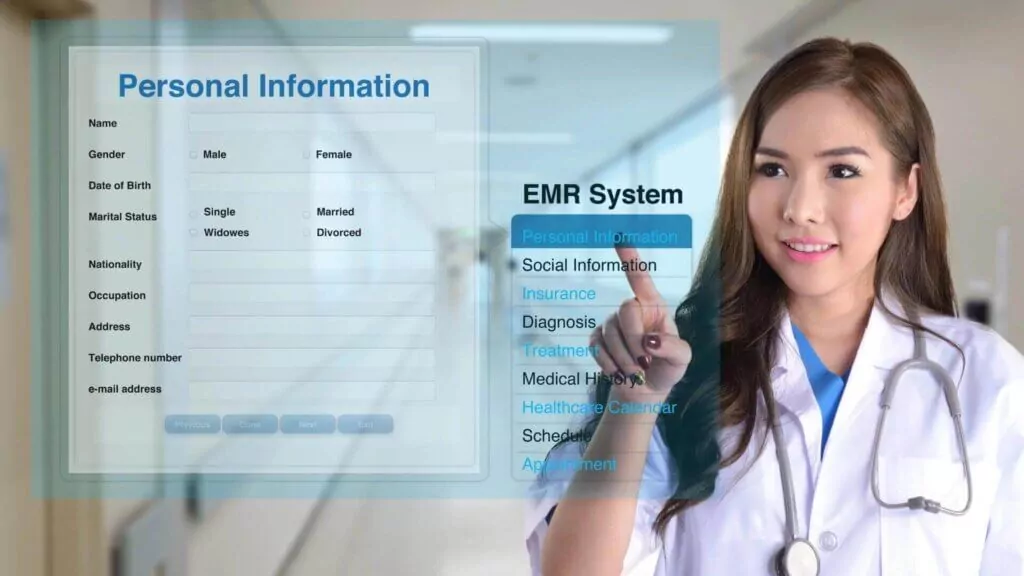In the 2010s, sustainability has come to the forefront of public discourse. Our work conditions are not exempt from this discourse, and remote working has many sustainability benefits. Sustainability simply means investing in a long-term future, and it has three components: Environmental, Economic, and Social. Remote positions can provide benefits for all three of these. For example, environmental sustainability could be improved due to fewer emissions from decreased commutes. Fewer commutes would, in turn, require less economic resources to be put towards car maintenance. This would be because of greater localization. We would be spending more time in our immediate areas rather than driving to surrounding areas, requiring less money for things such as gasoline and vehicle upkeep.
“Sustainability simply means investing in a long-term future, and it has three components: Environmental, Economic, and Social.”
Perhaps most importantly, decreased commutes would have a significant impact on social sustainability. This is because the stress that is associated with commutes would be reduced. Additionally, remote working would provide an opportunity to plan one’s own schedule, making it more viable to balance priorities. Rather than working for a set block of time (leaving very little time for anything else in a day) workers could instead schedule their work in sections throughout the day, with other important tasks being laced in as well. This could increase overall life satisfaction due to a greater number of lifestyle components being fulfilled.
While this may seem disconnected from information technology and internet availability, these are actually both related to sustainability. The combination of information technology and internet availability has already increased awareness of sustainability and continues to do so. It has also increased our knowledge of how and why we can and should make a difference as individuals. Such progress couldn’t be made without IT and, subsequently, internet access and popularity. In addition, these two facets have made it possible for a greater number of people to work remotely. They simplify the process of working from home, and the sustainability benefits mean that normalizing working from home shouldn’t be ignored.
Editor’s Note: This essay was written by Darian Williams, winner of the 2018 YuJa Essay Scholarship Contest. Learn more about Darian here.









